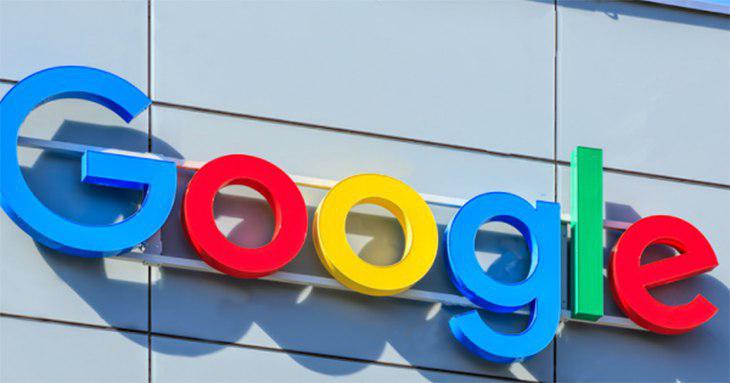By: Tom Ward/Futurism At its I/O ’17 conference this week, Google shared details of its AutoML project, an artificial intelligence that can assist in the creation of other AIs. By automating some of the complicated processes, AutoML could make machine learning more accessible to non-experts.
GOOGLE’S AUTOML
One of the more noteworthy remarks to come out of Google I/O ’17 conference this week was CEO Sundar Pichai recalling how his team had joked that they have achieved “AI inception” with AutoML. Instead of crafting layers of dreams like in the Christopher Nolan flick, however, the AutoML system layers artificial intelligence (AI), with AI systems creating better AI systems.
The AutoML project focuses on deep learning, a technique that involves passing data through layers of neural networks. Creating these layers is complicated, so Google’s idea was to create AI that could do it for them.
“In our approach (which we call ‘AutoML’), a controller neural net can propose a ‘child’ model architecture, which can then be trained and evaluated for quality on a particular task,” the company explains on the Google Research Blog. “That feedback is then used to inform the controller how to improve its proposals for the next round. We repeat this process thousands of times — generating new architectures, testing them, and giving that feedback to the controller to learn from.”
AI FOR EVERYTHING
AI that can supplement human efforts to develop better machine learning technologies could democratize the field as the relatively few experts wouldn’t be stretched so thin. “If we succeed, we think this can inspire new types of neural nets and make it possible for non-experts to create neural nets tailored to their particular needs, allowing machine learning to have a greater impact on everyone,” according to Google’s blog post.
AutoML has the potential to impact many of the other AI and machine learning-driven software’s that were discussed at the conference. It could lead to improvements in the speech recognition tech required for a voice-controlled Google Home, the facial recognition software powering the Suggested Sharing feature in Google Photos, and the image recognition technology utilized by Google Lens, which allows the user to point their Google Phone at an object (such as a flower) in order to identify it.
Truly, AI has the potential to affect far more than just our homes and phones. It’s already leading to dramatic advancements in healthcare, finance, agriculture, and so many other fields. If we can use an already remarkable technology to actually improve that same kind of technology, every advancement made by humans can lead to machine-powered advancements, which lead to better tools for humans, and so on. The potential of AI then draws to mind the title of another sci-fi film: limitless.
References: MIT Technology Review, Google Research Blog , CNET




